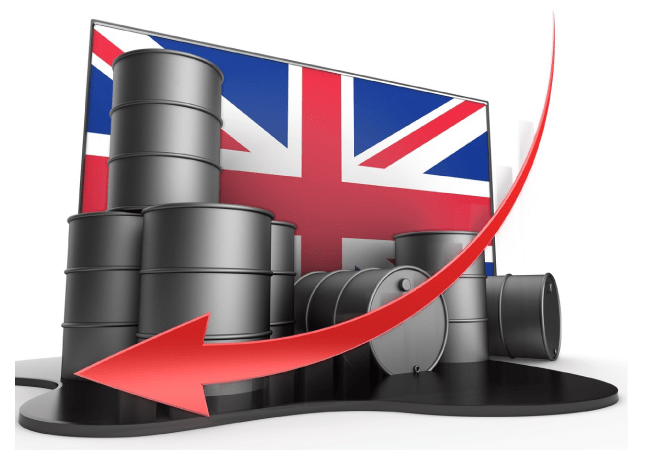
THE EUROPEAN COMMISSION LAUNCHES AN INFORMATIVE DOCUMENT WITH RECOMMENDATIONS TO ADDRESS THE BREXIT IMMINENT ARRIVAL
The European Commission has just published "Readiness", an informative guide on preparations for the end of the transitional period between the European Union and the United Kingdom and which is addressed to the European Parliament, the Council, the European Economic and Social Committee and the Committee of the Regions.
Its objective? To help national authorities, businesses and citizens to prepare for the inevitable changes that will emerge at the end of the transition period, scheduled for January 1, 2021.
End of the transitional stage, what now?
On February 1, 2020, the United Kingdom left the European Union and the European Atomic Energy Community EURATOM. The Withdrawal Agreement between the Union and the United Kingdom entered into force on the same date, guaranteeing the orderly departure from the United Kingdom and providing legal certainty in important areas such as the rights of citizens and the financial settlement of the operation. Pursuant to this agreement, Union law continues to apply to and in the United Kingdom during a transitional period which will run until 31 December 2020.
The transitional period therefore represents a stage of continuity, which the Union uses to:
- 1. ensure that all necessary measures and provisions are adopted for the application of the Withdrawal Agreement from 1 January 2021
- 2. negotiate an agreement on a new partnership with the UK
- 3. ensure that everything is ready for the end of the transitional period, January 1, 2021, date on which the UK will no longer participate in the single market and the EU customs union
However, the date of the end of this transitional stage is getting closer, and the negotiations for a new association with the United Kingdom beyond next January 1 have advanced little or nothing. The extraordinary threat of the Covid-19 pandemic has meant that all the efforts of the EU and the States have been focused on containing the health threat and, even though the negotiations were restored on June 29, nothing is defined.
For this reason, the European Commission, aware of the inevitable changes that are going to take place from January, has written this guide so that public administrations, companies, citizens and stakeholders prepare for a possible lack of agreement.
In its 36 pages, it includes the possible impact on trade in goods and services, energy or travelling and tourism.
Changes in product certificates and authorizations
As of 1 January 2021, the Union and the United Kingdom will be two separate regulatory and legal spaces: This means than all products exported from the Union to the UK will have to comply with UK rules and regulations, and vice versa, all UK products imported into the Union will have to comply with the current rules and regulations which the Union imposes on exporters or importers, including those that prohibit or restrict certain imports or exports of goods for reasons of public interest such as the protection of health, safety and the environment.
Regarding safety in the Chemical Industry, there are several recommendations and warnings to which Siam pay special attention.
On 1 January 2021, Union rules on the registration, evaluation, authorisation and restriction of chemicals (REACH) 16 will no longer apply in the United Kingdom.
Registrations held by manufacturers and producers established in the United Kingdom will no longer be valid in the European Union. These entities will have to ensure that their substances are registered with a manufacturer or importer in the European Union or appoint an ‘Only Representative’ in the European Union as registrant for the substance, that is to say, a natural person or legal entity established physically in the EEA that companies based outside the EEA can appoint to take over the tasks and responsibilities of importers for complying with REACH..
Besides, downstream users will have to check whether substances they use are registered by a registrant established in the European Union. Where this is not the case, they should:
- • adapt their supply chain accordingly (i.e. identify an alternative supplier);
- • check whether the UK registrant they deal with plans to appoint an ‘Only Representative’ in the European Union; or
- • register the substance in the capacity of importer.
In the document, the European Commission assures that, for its part, they will do everything in its power to reach a future agreement with the United Kingdom. Even counting on it, changes, many of them in essential matters, are inevitable, and they invite citizens, consumers, companies, and public administrations to prepare for this new stage.
You can read the complete guide in PDF format at the following link: guide with recommendations to address The Brexit imminet arrival
